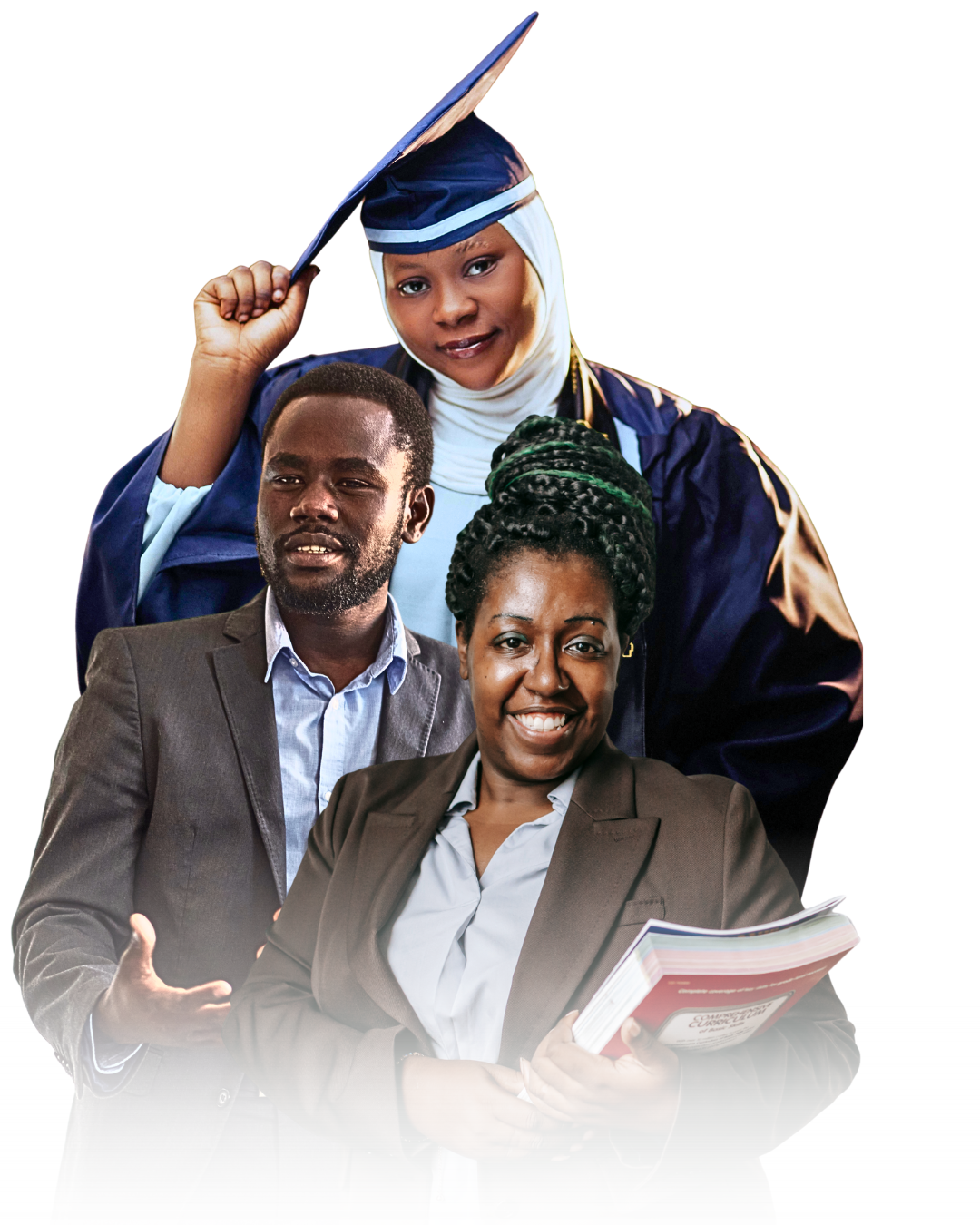Academia • Freelancing • Impact
AFREDIN: Academic Freelancing Readiness for Development in Nigeria
A bold, tech‑enabled program that equips Nigerian lecturers and researchers with freelancing and entrepreneurship skills, connects them to remote development projects, and strengthens university ecosystems through innovation labs and technology transfer. Built and delivered on 1Capacity.
- Target: 4,500 academics (3 yrs)
- Universities: 18 public & private
- Labs & TTOs: 6 analytical hubs

Nigeria’s Academic Gap
Despite hosting over 200 universities and 100,000 lecturers, Nigeria’s academic workforce remains disconnected from national development. Many scholars lack the skills, platforms and incentives to convert their expertise into real‑world impact. AFREDIN bridges this gap by turning knowledge into livelihoods and institutions into innovation hubs.
- Build freelancing & consulting skills for remote development work
- Establish analytic labs & technology transfer offices in universities
- Commercialize research and share knowledge through a digital repository
What is AFREDIN?
AFREDIN (Academic Freelancing Readiness for Development in Nigeria) is a 3‑year, grant‑funded initiative designed to harness Nigeria’s academic talent for national development. Through intensive training, digital platforms and institutional innovation, AFREDIN creates new pathways for lecturers and researchers to deliver freelance consulting, inform policy, and commercialize their research.
Academic Freelancing Readiness
Short, immersive workshops on digital literacy, freelancing, client engagement and remote work, delivered on university campuses for 4,500 participants.
Institutional Innovation
Set up analytic labs and technology transfer offices in six universities, enabling collaboration with development organizations and commercialization of research.
Digital Repository & Advisory
Deploy a national research repository and impact advisory service, raising visibility of Nigerian scholarship and connecting academics to funding and policy opportunities
How It Works
1) Upskill
Participants attend intensive on‑campus sessions covering digital tools, freelancing fundamentals, entrepreneurship and client delivery, with certificates awarded.
2) Connect
Trained academics are onboarded onto 1Capacity and other platforms, where gig opportunities are curated and matched to their expertise.
3) Activate
Institutions host analytic labs and TTOs, while a digital repository and impact advisory service translate research into innovation and evidence for policy and programs.
Program Modules
Digital & Remote Work Skills
1 Day
Research Commercialization
0.5 Day
Freelancing
&
Consulting
1 Day
Data & Policy Evidence
1 Day
Client Engagement & Delivery
0.5 Day
Project Management
0.5 Day
Innovation
& Entrepreneurship
1 Day
Labs & Repository
0.5 Day
Who It’s For
Lecturers, post‑doctoral researchers, PhD candidates and other academic professionals seeking to expand their impact and income through development consulting and innovation.
- Blended learning on campus & online (self‑paced + instructor‑supported)
- Verified micro‑credentials and portfolios on 1Capacity
- Access to remote gigs and consulting projects aligned to expertise
Value for Partner
Development agencies, public institutions and private sector organizations seeking local expertise can tap a vetted pool of academic consultants and partner with universities to co‑create innovation solutions.
- Access to qualified researchers, analysts and domain experts
- Collaborate on labs, research programs & policy advisory
- Demonstrate commitment to knowledge‑based, inclusive development
Ready to unlock Nigeria’s academic potential?
Join AFREDIN on 1Capacity to equip, connect and empower academics to drive national development.
FAQ
What does AFREDIN stand for?
AFREDIN stands for Academic Freelancing Readiness for Development in Nigeria. It is a program designed to unlock academic potential for national impact through freelancing, entrepreneurship and innovation.
Who can participate?
Lecturers, researchers, and PhD candidates in Nigerian public and private universities who are eager to translate their knowledge into development impact.
Is the training free?
Yes. The program is grant-funded and participation is subsidized for eligible academics. Certificates are provided on completion.
How long does the program last?
AFREDIN spans three years, with short immersive training workshops followed by ongoing engagement through freelancing platforms and innovation labs.
How do institutions benefit?
Universities receive support to establish innovation labs and technology transfer offices, access research commercialization pathways and gain visibility through the digital repository.
How can partners get involved?
Development agencies, NGOs, corporates and government departments can sponsor training cohorts, commission research or consulting projects, and co‑operate labs and innovation programs.
